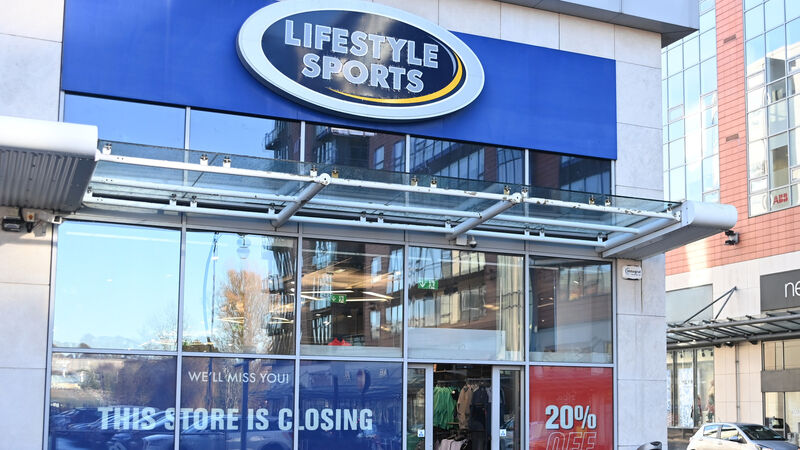First sign of 2008 crash was a drop in football shirt sales — the same appears to be happening

Sportswear retailers are a canary in the coal mine when it comes to economics, says Eoin McGettigan. File picture: Larry Cummins
Forget about GDP, GNI, CPI and other three letter acronyms, TLAs, and focus on sales of Chelsea shirts. Why? Just read on.
As the Government puts the finishing touches to the budget in the maelstrom of faux strong talking between colleagues in power together, I can’t help but wonder about how careful they need to be. All the rest of us have to listen to, and often obey, the Central Bank.
















